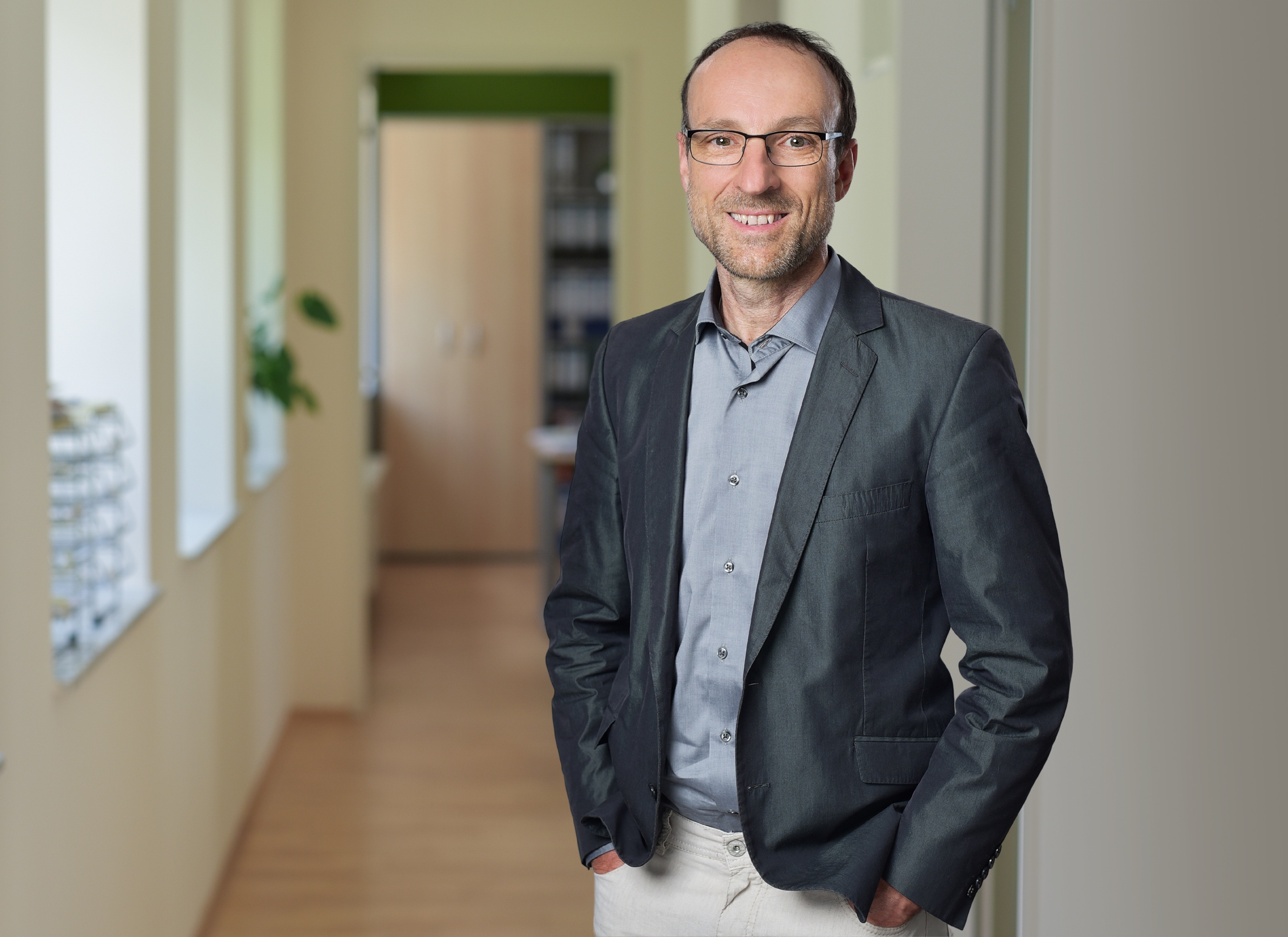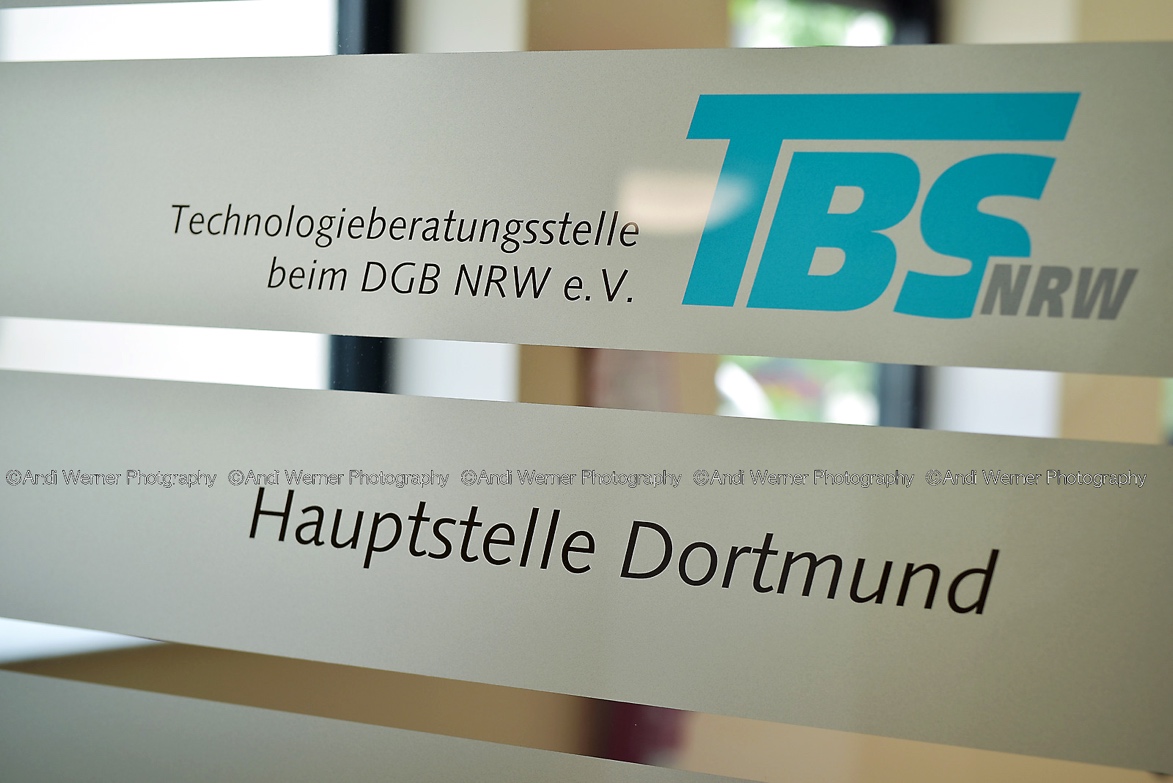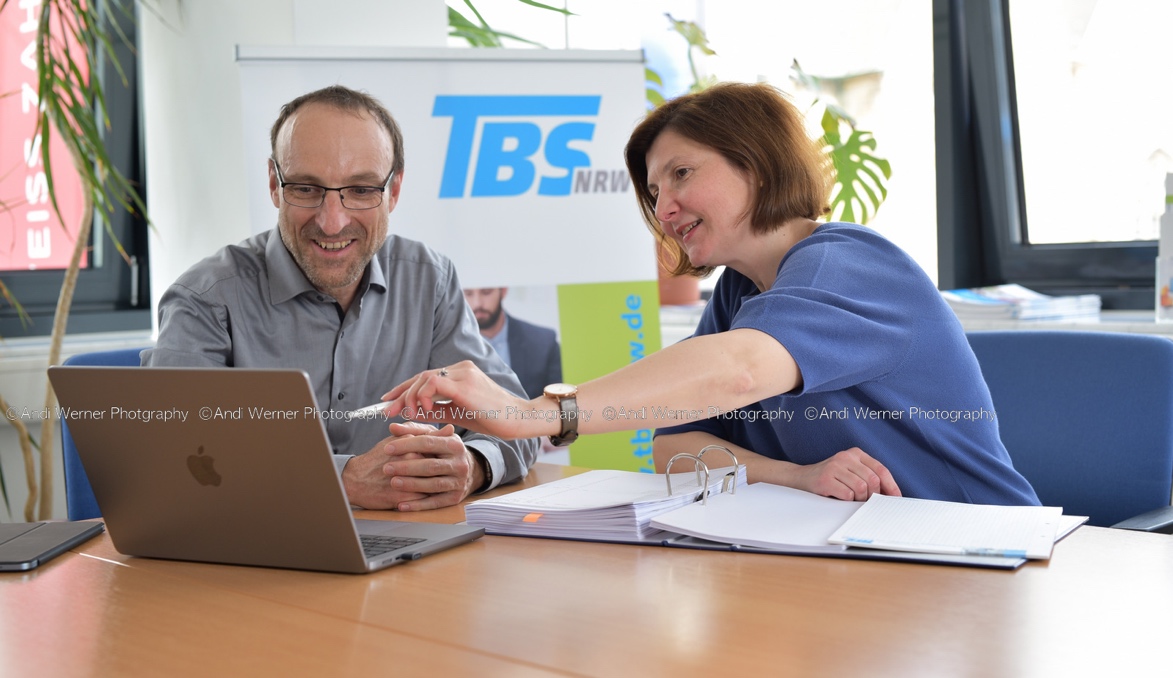BGHS.NEWS
Practitioners in Talk Part 26
::Non-university careers::
Practitioners in Talk – Part 26
Many ways lead out of the BGHS. But where do postdoctoral paths lead? We talk to historians and sociologists who have taken up their career outside the university. Urs Ruf spoke to us about his work at Technologieberatungsstelle NRW beim DGB NRW e.V. (TBS NRW).

Figure 1: Urs Ruf
Mr. Ruf, you did your PhD at the Faculty of Sociology in 1999. If you remember starting your career: How did you find your way into the job?
Urs Ruf: After my doctorate, my job search was not easy. That was in 2000: when the first big internet bubble was heading for its peak and burst a little later. I had an affinity for IT and my theory was: if you can read and write, youʼll find a job in the growing IT sector. Through acquaintances I got in touch with an IT company that had been working as an SAP consultant for a long time and was entering the internet business at that time. I was employed there and then got involved in the IT business. So, after my PhD, I turned around 180 degrees in order to get a job.
How did you come to your current position?
Urs Ruf: By a job advertisement in the newspaper. In 2003, the TBS NRW advertised a position as a technology consultant for works councils at its Bielefeld site. I applied and said: If they donʼt take me, then they havenʼt heard the shot. Because by then I had good IT consulting skills, a social science background, vocational training as a toolmaker, experience working in works councils and was a trade union member. I was actually offered the job and thatʼs how I came to TBS.
You work for the Technologieberatungsstelle NRW beim DGB NRW. Where do you work exactly?

Figure 2: Logo of the TBS NRW
Urs Ruf: The TBS NRW is a registered association supported by the NRW Ministry of Labour and the DGB NRW (DGB: Deutscher Gewerkschaftsbund; Confederation of German Trade Unions). We advise workplace interest groups: works councils, staff councils or – in the church sector – employee representatives. One matter on which a works council has a say is the introduction of IT systems that enable the monitoring of workersʼ behaviour and performance. Thatʼs why we are called Technologieberatungsstelle. We support interest groups, for example, in finding out: Where is behavioural and performance monitoring possible with the help of the new technological system? How can behaviour and performance monitoring be technologically or organisationally designed so that the monitoring is not excessive? And how can the employee and employer sides find compromises with each other on this issue? Other matters of workplace co-determination are, for example, working time and health. So we advise at the workplace level, especially on conflicts between the workersʼ and employersʼ sides. In addition, we organise expert conferences on topics such as mental stress at the workplace; or working groups in which representatives from different companies in the same sector come together.
You are heading Technologieberatungsstelle NRW. What are your most important tasks in this job?

Figure 3: Urs Ruf at work
Urs Ruf: I can ask myself that every morning. Above all, it is important that our services address current issues, that we are professionally qualified and that we listen to the needs of our clients. Our employees are the decisive factor: it is important that our people have a good job; that they are well qualified for their work; and that the working atmosphere is good. As a leader, I organise the internal processes that work on these issues. Finally, one of my tasks is to strengthen networking with our providers and partners. These are mainly the Ministry of Labour and the trade unions, but also employersʼ associations or research institutions, to name but a few.
What tips do you have for colleagues from sociology or history who are interested in a career in the occupational field you are in?
Urs Ruf: My first tip is: Get in touch with people who work in counselling! Contact with people provides an opportunity, for example, to find out what is important to me about my professional activity: The contact with people? Or maybe that I make something? My second tip is: If you have a soft spot for being on the road in changing constellations, then counselling can be the right field of activity. You have to like it: every day can start at a different time, lead to different places. And if you think: Now we have a longer project here, then it can be over again tomorrow. Because the clients say: we have changed our priorities. Thirdly, I want to share an experience from shortly after finishing my PhD: I did my PhD on nomads in West Africa and then went to work for an internet company in East Westphalia. I had colleagues there with degrees in biology, theology or physics. So, I would say: If you have learned to familiarise yourself with topics at university, then you can also open up new fields of activity. Provided you allow yourself to say: that was a nice part of my life – and now Iʼm doing something new.
Mr. Ruf, thank you for the conversation!
The interview was conducted by Ulf Ortmann.
You can find the complete interview (in German) here:
Further information on the non-university careers project is available here.
The previous interviews in the series are available here.
